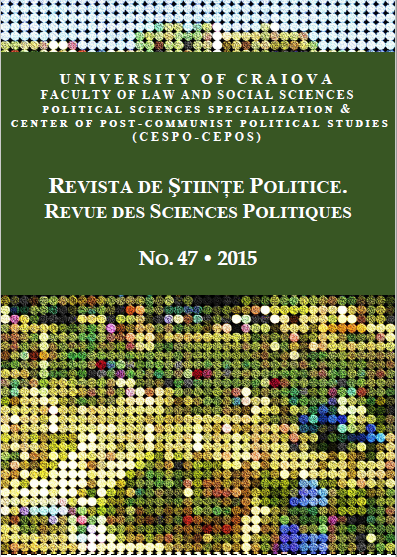Transition from Soviet-Communist Media Theory to New Authoritarian Media System: Turkmenistan and Azerbaijan Media Case
Transition from Soviet-Communist Media Theory to New Authoritarian Media System: Turkmenistan and Azerbaijan Media Case
Author(s): Gönül CengizSubject(s): Media studies, Political history, History of Communism
Published by: Editura Universitaria Craiova
Keywords: Media; Turkmenistan; Azerbaijan; Soviet-Communist Theory; New Authoritarian Theory;
Summary/Abstract: Seventy years of the sovereignty under the Russia, the collapse of the Soviet power has caused the emergence of new states. In the early of the 1990s the Central Asian Republic of Turkmenistan and the Caucasus Republic of Azerbaijan freed from the oppression of communism and in a successive declare their political independence. There are important developments regarding the Turkish world. In these countries the media was covered by Soviet-Communist Theory was used as propaganda and persuasion tool of the political regime in USSR period. After gaining the independence both Turkmenistan and Azerbaijan have passed form the Soviet media system to the New Authoritarian media system. But according to the media that completly operate under the authoritarian regime in Turkmenistan, the media in Azerbaijan has managed to be freer editorial context. The process undergone by the media of Turkmenistan and Azerbaijan from Communist Theory to the New Authoritarian Theory will be examined in this study in detail.
Journal: Revista de Științe Politice. Revue des Sciences Politiques
- Issue Year: 2015
- Issue No: 47
- Page Range: 257-267
- Page Count: 11
- Language: English

